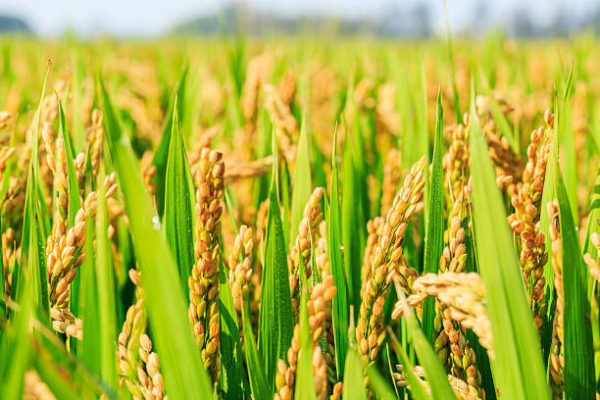Tanzania Agricultural Research Institute (TARI) and the International Rice Research Institute (IRRI) have launched a-five-year drought-tolerant rice growing project aimed at supporting the East African nation’s efforts towards becoming the continent food basket.
According to Dr. Dennis Tippe, TARI coordinator, the move is as a result of collaboration between agricultural researchers and experts from at-least 17 countries.
“This is highly feasible, given that the project predominantly incorporates modern farming technologies. Its implementation is focused on the southern highlands zone, which contributes to over 40 percent of the country’s rice production,” said Tippe during the launch of the project.
“We plan to establish demonstration farms to enhance the knowledge of extension officers and rice farmers. This will include the application of modern technologies, leading to the gradual elimination of traditional farming methods,” he stated.
Improving rice production
Funded by the International Rice Research Institute (IRRI), the project is now underway starting this month with the goal of improving rice production in the country.
On his side, Dr. Ajay Panchbhai, the representative from IRRI, emphasized that the project exclusively targets the southern highlands zone, known for its high rice cultivation rate in Tanzania.
Dr. Geofrey Mkamilo, the Director General of TARI, highlighted the government’s substantial efforts to ensure the utilization of all 21 million hectares designated for rice cultivation.
Currently, only 1.7 million hectares are in use.
He noted that Tanzania’s rice production stands at 1.5 tonnes per hectare, in contrast to Egypt, which achieves 10 tonnes per hectare.
“While Tanzania is self-sufficient, there is a need to expand rice sales to neighboring countries. The goal is to produce for the entire African continent, which is the driving force behind our commitment to this project.”
Mr. Juma Homera Mbeya Regional Com- missioner (RC), where is TARI is headquartered said that the government has set aside about $40 million for rice production in this financial year, as well as embarking on 13 irrigation schemes’ construction, in efforts to upgrade rice production from the current 300,000 to at-least 2.5 million tonnes, per farming season.
Mbeya Region currently has over 40,000 hectares available for rice cultivation, with only 15,000 hectares currently in use. “We anticipate utilizing 150,000 hectares by 2030,” said the RC.
Wooing investors
At the recent United Nations Framework Convention on Climate Change (UNFCCC COP28), President Samia Suluhu Hassan announced Tanzania’s ambition to become a food production hub in Eastern and Central Africa by 2030.
The president invited global stakeholders to invest in the abundant agro-opportunities presented by Tanzania’s Building a Better Tomorrow (BBT) program. Furthermore, she expressed the country’s goal to increase irrigated hectares to 8 million, aligning with the national agriculture agenda to achieve a 10 percent sector growth by 2030.








